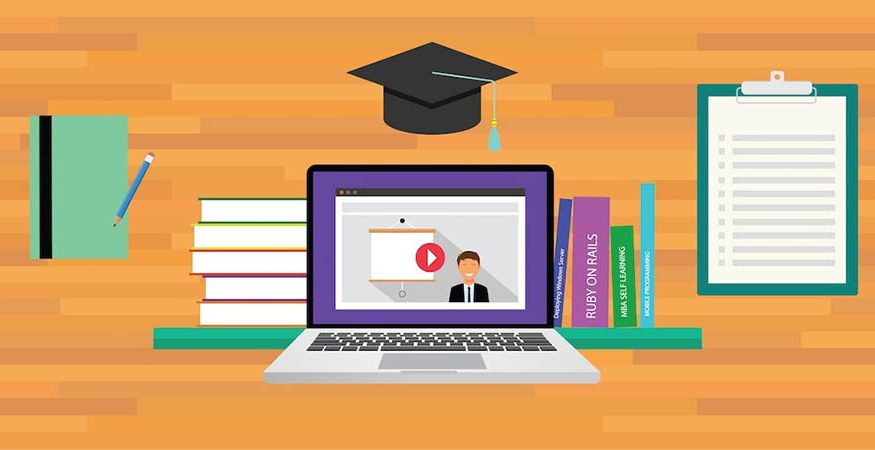Author:AYTEKIN TANK
Learning has never been so popular—or so accessible. Online startups like Skillshare, LinkedIn Learning, Coursera, and MasterClass teach everything from coding to character acting. Bloggers and influencers are churning out e-courses at a dizzying rate. And postsecondary institutions are offering more online classes than ever before.
Given the choice between schlepping to a community center for Italian classes or learning how to paint in your pajamas, it’s easy to to see why most people are happy to tune in online. Technology has enabled and, in some ways, equalized access to education. But is more knowledge always better? Beyond foundational education, does constant learning make us happier, more productive, or more successful? Not always
In entrepreneurial and business circles, consuming information has become a competitive sport. It can also be a form of “productive procrastination.” No one can fault us for learning and expanding our knowledge, right? But obsessive reading, researching, and learning can provide a false sense of accomplishment.
Instead of using learning as a crutch, we should aim to acquire just enough knowledge to inform smart action. Here are some tips on how to approach learning with a little bit more intention.
ACQUIRING KNOWLEDGE ISN’T THE SAME AS UNDERSTANDING A SUBJECT MATTER
 Tackling a big challenge, such as launching a company, requires more than an encyclopedic knowledge of facts and statistics. However, many of us still associate learning with memorization. In school, we read textbooks and listened passively to droning lectures—and much of that knowledge is long gone.
Tackling a big challenge, such as launching a company, requires more than an encyclopedic knowledge of facts and statistics. However, many of us still associate learning with memorization. In school, we read textbooks and listened passively to droning lectures—and much of that knowledge is long gone.
In the 1960s, National Training Laboratories measured student retention rates 24 hours after learning the same information in seven different ways. Participants retained just 5 percent of what they learned after a lecture, 10 percent from reading, 20 percent after audiovisual instruction, and 30 percent through demonstration. Retention rates rose to 50 percent with discussion, 75 percent after practice by writing or doing, and 90 percent after teaching or immediate use.
Most of us won’t teach a class after we finish a book. But we could discuss the material with a colleague or a mastermind group, upload a video tutorial, or teach an intern what we’ve learned. That’s going to help us retain what we just learned.
FORCED LEARNING KILLS CREATIVITY
The desire to learn is coded in our DNA. Watch a baby grapple with a toy or a toddler trying to walk and you can see our innate drive to explore. Consider, too, how you learned to speak your native language; I’ll bet it didn’t involve flash cards. Learning is natural and fun, until we force it. “We send [children] to school and then we wonder why they’re no longer self-motivated,” said Peter Gray, a professor of psychology at Boston College, “because we’ve taken away the basic motives for learning: curiosity, playfulness, sociability.

Observations like Gray’s inspired the 1970s unschooling movement, which is not to be confused with homeschooling. Coined by educator John Holt, the word “unschooling” refers to a philosophy that advocates learner-chosen activities as the engine for education. In essence, a child’s curiosity drives their curriculum.
We can’t repeat our own school experiences, but we can apply this philosophy to ourselves. We can be honest about our motivations for learning. For example, are we seeking knowledge about a topic of true interest? Or are we trying to look smarter in staff meetings? The most successful people I know go deep into the areas they enjoy most. They hone their talents and build on their strengths.


 We usually think of learning as a way to expand our knowledge. However, there are times when we need to unlearn outdated ideas or routines. Psychologists call this “
We usually think of learning as a way to expand our knowledge. However, there are times when we need to unlearn outdated ideas or routines. Psychologists call this “